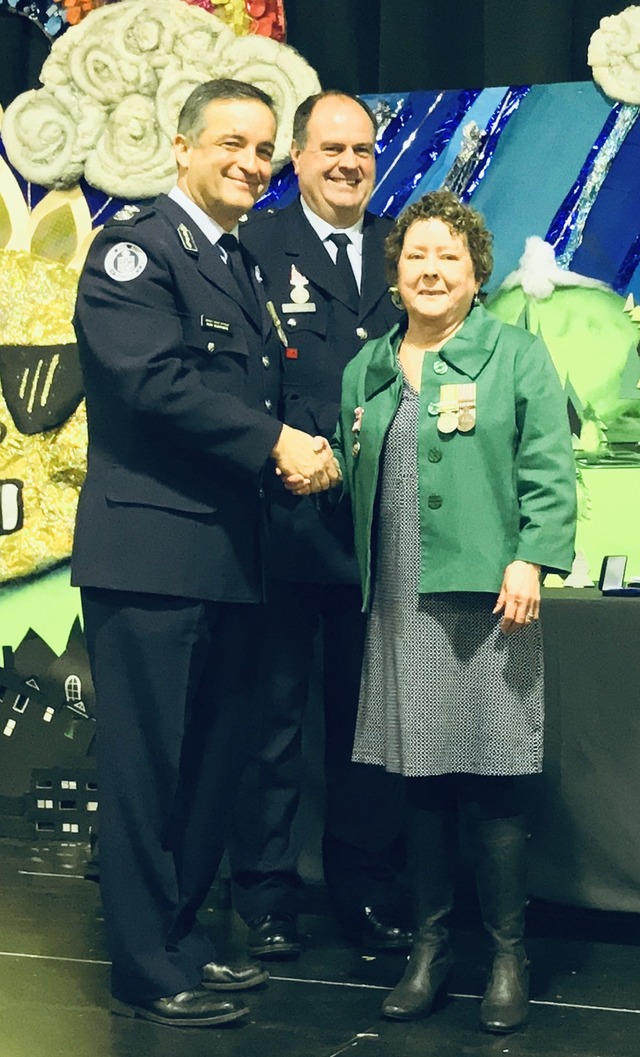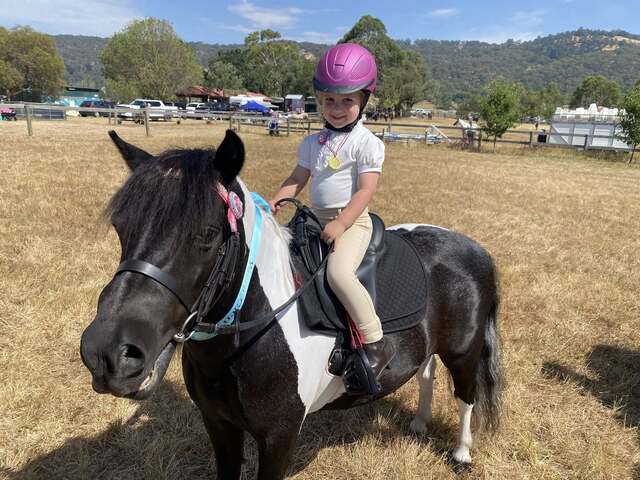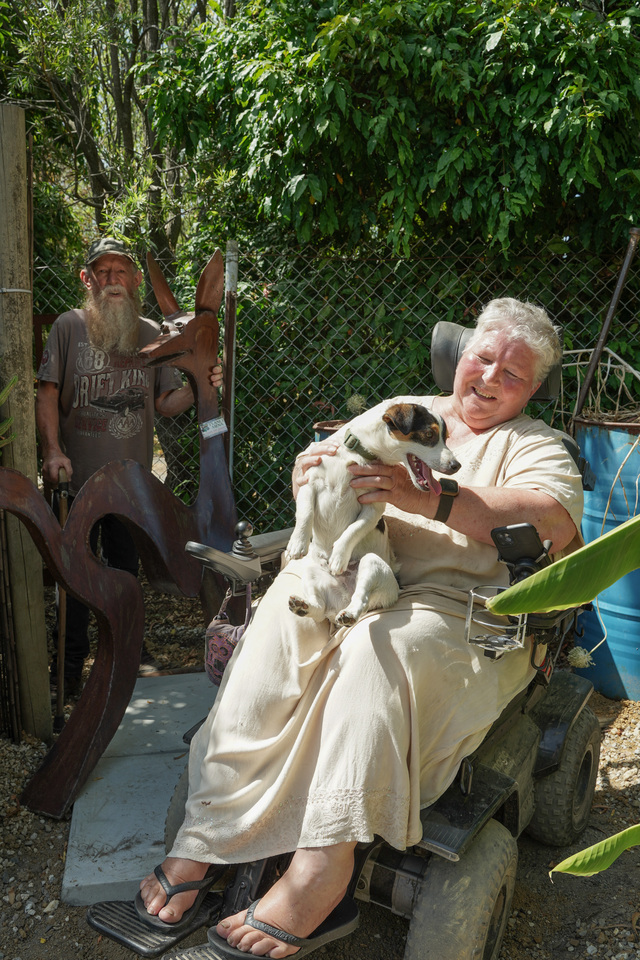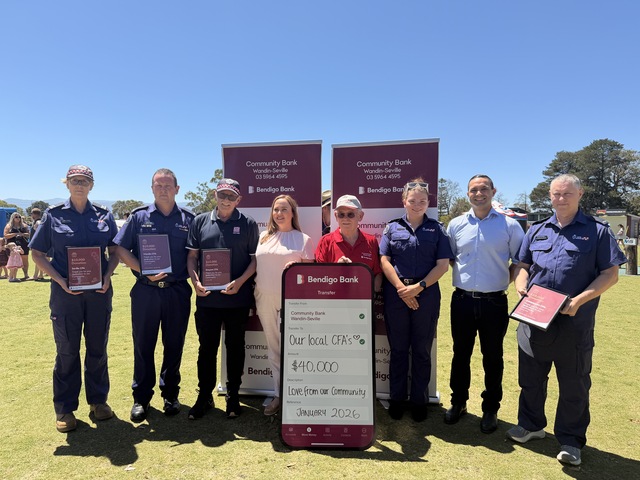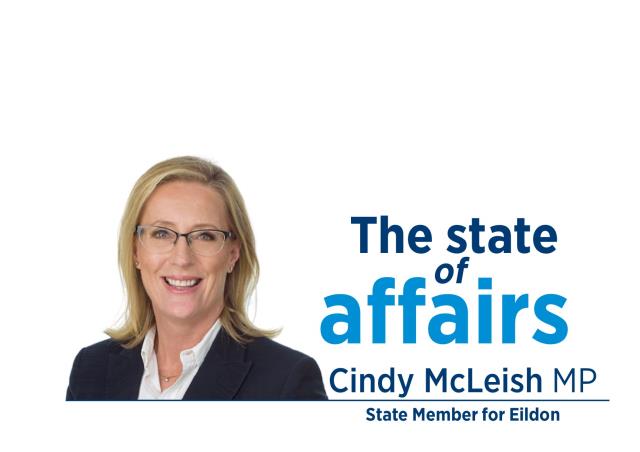Upper Yarra families are being encouraged to learn cyber safety tips from the The Australia Federal Police (AFP) as they release a campaign with school’s return.
The AFP is aiming to educate parents and students of the danger of online predators over the next seven days.
The beginning of the school year is often the time many students receive their first mobile phones and subsequently gain to access to social media, where predators often hide their identity, even posing as children to extract sexually explicit images.
The AFP-led Australian Centre to Counter Child Exploitation (ACCCE) and the ThinkUKnow are creating the program to outline how to stay safe online, how to recognise predatory sexual and grooming behaviour, and how to report suspicious behaviour and abuse, so children can still use technology for their learning and engagement.
Research conducted by the ACCCE revealed 50 per cent of parents hadn’t spoken to their children about online safety and din’t know how to keep them safe. Only 3 per cent were concerned about child grooming and a significant amount believed child exploitation was a subject they shouldn’t even be talked about.
AFP Commander for the ACCCE Hilda Sirec urged parents and carers to educate children about the dangers of sharing private personal information and encouraged kids to be sure who they are talking to online can be trusted.
“It’s perfectly natural for kids and young teens to wish to interact with people their own age online, but predators prey upon this to gain access to children, and can pose as children themselves,” Commander Sirec said.
“The start of the school year, many students will be connecting with each other on social media for the first time, making it a good time to remind kids to ensure they know who they are adding online.”
Since the beginning of 2020, the ACCCE has identified more than 800,000 anonymous accounts using the dark web and encrypted apps to distribute and access child abuse material.
The federal government has designated children’s online safety and cybersecurity as a top priority, according to Minister for Home Affairs Karen Andrews.
“The Government is serious about protecting children online – but we all have a role to play. The tips, warnings, and information the AFP is releasing this week are vitally important for parents, carers, teachers and others,” Ms Andrews said.
“Together, we can keep our children safe.”
The focus of today’s lesson, Friday 28 January, is catfishing, which is where predators pose as celebrities or children in order to manipulate children into engaging with them.
Predators often use details and images of children they can find online from an active social media account in order to try and make it more convincing.
Once they have formed a relationship with the child, they then often try to coerce them into sending sexually explicit material.
Earlier this month (January 2022), a man pleaded guilty to 25 charges in the Melbourne County Court following an investigation by the AFP
Victorian Joint Anti Child Exploitation Team, in which he had posed as a teenager and targeted victims in Australia and overseas.
Online child sexual exploitation can be reported to the ACCCE at https://www.accce.gov.au/report or to call Crime stoppers on 1800 333 000.
If you or someone you know are impacted by child sexual abuse and online exploitation there are support services available, visit to learn more www.accce.gov.au/support
Advice and support for parents and carers about how they can help protection children online can be found at ThinkUKnow, an AFP-led education program designed to prevent online child sexual exploitation: www.thinkuknow.org.au
Parents and carers can also find an extensive range of infor



